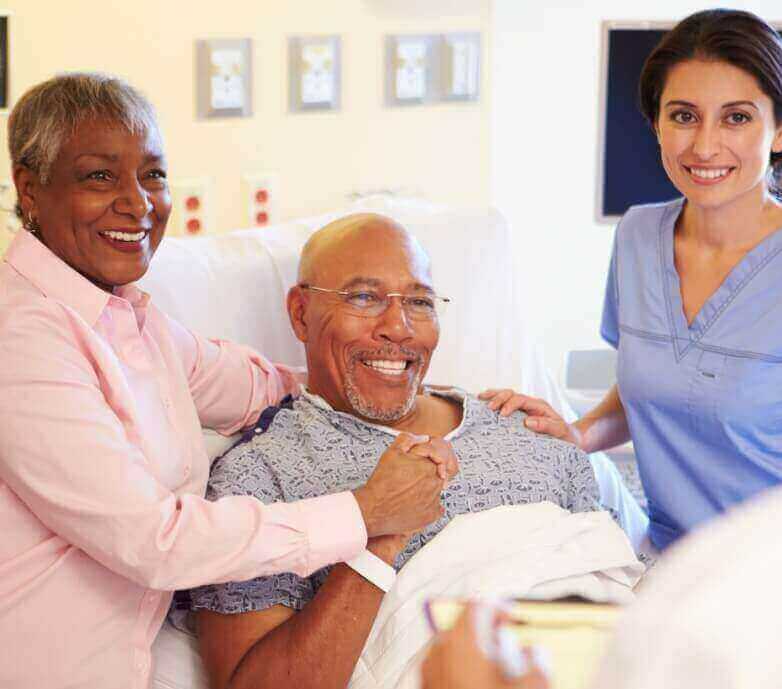Sudden changes after a stroke and how to deal with them
Returning to normal life is the goal of every stroke survivor. But this path can sometimes prove to be a rocky one. The love and support given to them by their friends, family, and caregivers can really make a difference in their long-term recovery. It can be a challenge for everyone involved to adjust to the sudden changes after a stroke, but being open, honest and supportive is a great way to begin the journey.
How to help stroke survivors:
There are many ways you can help the stroke survivor in your life. Not all contributions have to be monumental or life-changing; small assistances are perfectly acceptable and are capable of making a significant difference.
- Help them keep a healthy diet: A balanced diet with foods like fruits, vegetables, fish and whole grains can help a stroke survivor recover quickly while also encouraging them to keep a healthy weight and Body Mass Index. A healthy diet may also help to lower cholesterol levels and blood pressure.
- Ensure they get a healthy amount of rest: Quality sleep is an important factor for stroke recovery. Getting consistent rest at night aids in neuroplasticity, the brain’s ability to heal itself.
- Encourage physical activity: Beyond rehabilitation exercises, which are very important, daily physical activity can help with overall wellness after a stroke. Even small amounts of activity throughout the day can make a difference. Encourage physical activity by joining your loved one on a long walk a few times a week.
- Guide them to stay positive: Help your loved one to not dwell on the past but rather to look forward to achieving their new goals. This reduces the risk of depression, which can be detrimental to recovery.
- Adapt to their needs: Your loved one has undergone immense trauma and may display some changes in their physical, emotional, or cognitive state. Adjusting your behavior to fit their new needs will help them feel less stressed about their situation. For example, if your loved one has trouble hearing or understanding, speaking slowly with an enhanced voice will help them with communication and understanding.
- Educate yourself: No two strokes are the same. Every survivor will have a different set of symptoms and face different challenges in recovery. It is important to learn all that you can about the specific condition of your loved one through either their doctor or the survivor themselves.

If your loved one has suffered a recent stroke, learn more about CBC Health’s ischemic stroke treatment by visiting CBC Health.ch or call +1 855 426 4623.




